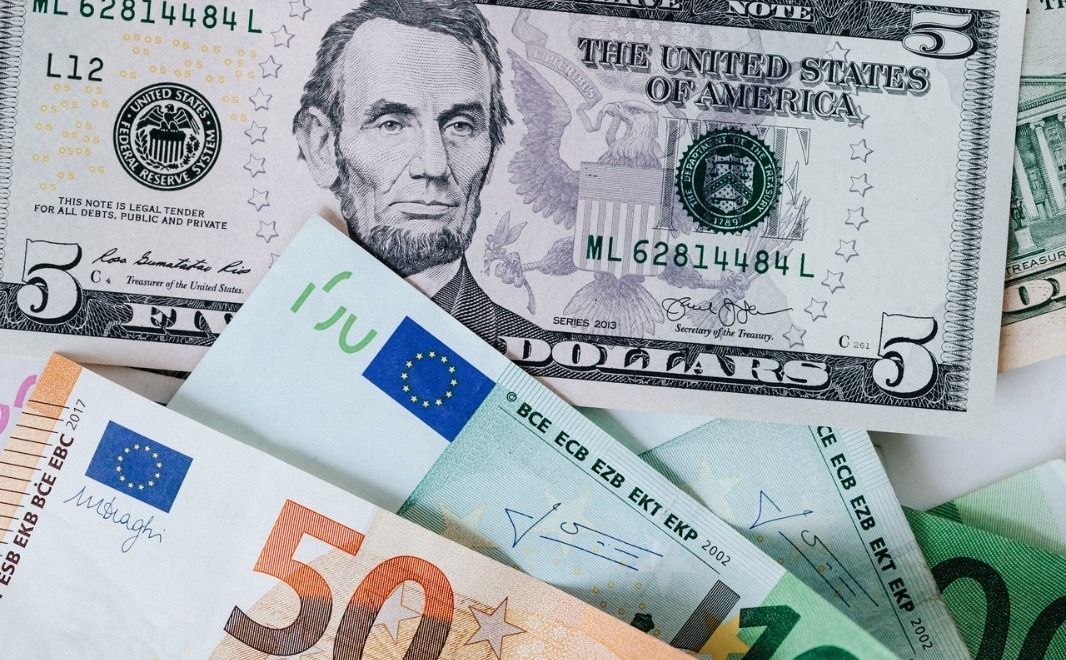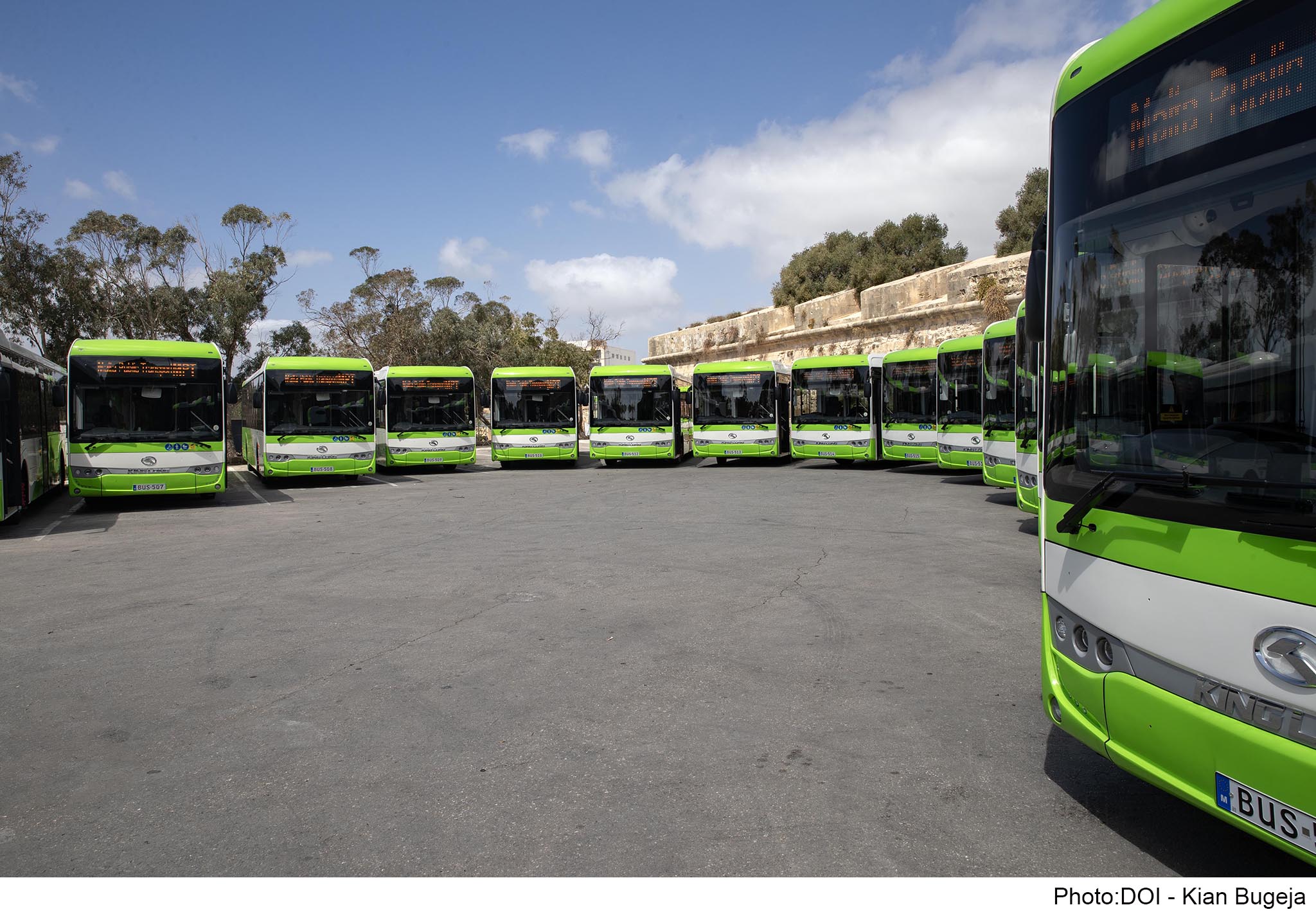Unlicensed exchange of foreign currency, a criminal offence, is allegedly being carried out in Malta’s tourist locations, according to the Malta Financial Services Authority (MFSA), which said it is looking into the matter.
It added that some retail outlets are accepting payments in foreign currencies, which could also require MFSA authorisation.
The financial watchdog stressed that unregulated activity carries a number of risks for consumers, ranging from the potential for money-laundering to unofficial rates being used to the detriment of consumers.
The physical exchange of foreign currency is a licensable activity falling under the Financial Institutions Act. Unauthorised activities under the Financial Institutions Act may be considered as a criminal offence and subject to criminal action, the MFSA warned.
Companies authorised by the MFSA to provide services falling under the Financial Institutions Act including foreign exchange are subject to an onerous authorisation process, and regular supervisory checks throughout the lifetime of the licence, which aim to ensure financial stability, adherence with financial crime compliance requirements and consumer protection.
In assessing allegations of unlicensed activities, the Authority considers specific merits of the case and determines what action may be warranted in the circumstances, in accordance with its legal remit. In fulfilling this role, it cooperates with various local and foreign authorities including the Malta Police with respect to suspected criminal activity.
Unpacking Malta’s new American-style bankruptcy framework
The EU is reforming its insolvency rules to adopt some of the most beneficial elements of the US framework
More than half of all workplace deaths in last two years involved construction
No women died on the job in 2022 and 2023
Government shells out close to €70 million to national bus operator Malta Public Transport in 2023
Buses became free for residents in late 2022, leading to a hefty increase in the public subsidy






